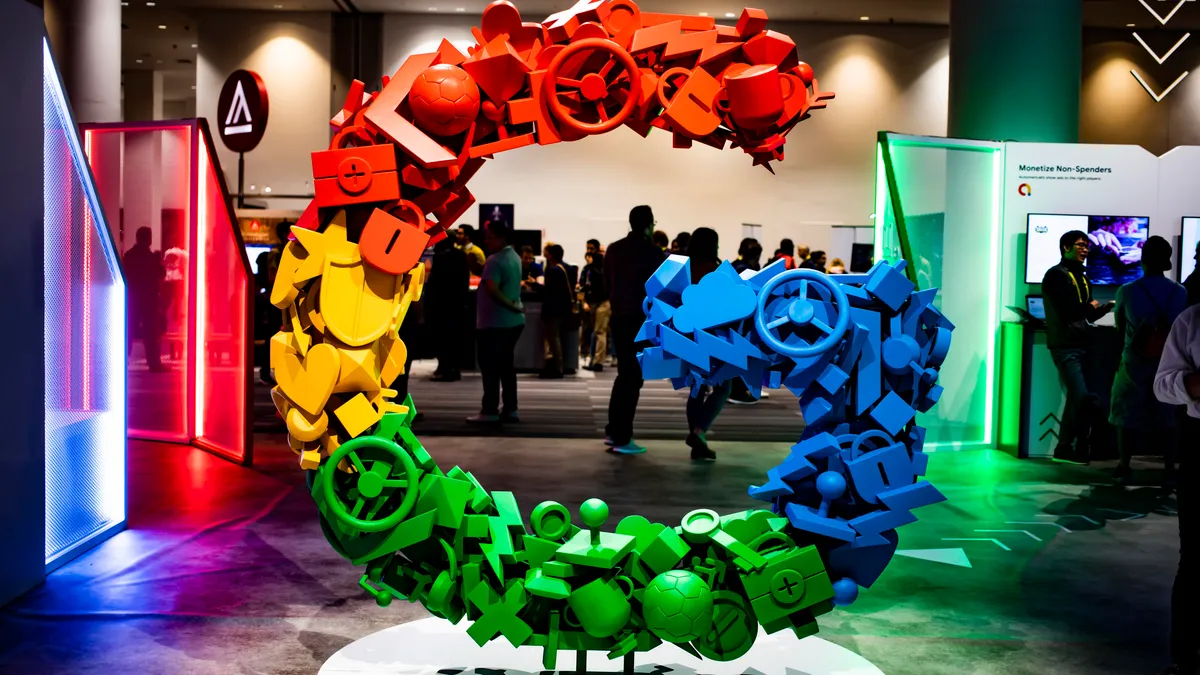Google on Tuesday said it’s opening up access to Bard, the search giant’s own AI-powered chatbot to rival services released by Microsoft and OpenAI. The company is starting with a limited number of people in the US and UK.
“We’ve learned a lot so far by testing Bard, and the next critical step in improving it is to get feedback from more people,” wrote Google’s Sissie Hsiao and Eli Collins in a blog post.
Google announced Bard last month after the company reportedly went into “code red” following the release of OpenAI’s ChatGPT late last year. ChatGPT captured imaginations with its ability to give humanlike answers to just about any question, from writing oddly specific poems to producing convincing cover letters for social media managers.
By January, ChatGPT was estimated to have reached 100 million active users, making it the fastest-growing web platform ever. That led to a rush of companies introducing their own AI products, including Microsoft’s new Bing search and a “copilot” tool in Word, Excel and PowerPoint, as well as AI features for Google’s Workspace tools including Gmail and Docs.
After it unveiled Bard, Google got called out when the AI chatbot served up inaccurate information about the James Webb Space Telescope during a demonstration meant to show off the tool’s abilities. On Tuesday, Google stressed that Bard is still an experiment and noted that the AI tool won’t “always get things right.”
As Google, Microsoft and others from DuckDuckGo to Adobe to Grammarly roll out new tools and services infused with artificial intelligence, the rush has highlighted concerns about issues like trustworthiness. The mass interest has also led to grand speculation about our AI future and the potential for misunderstanding.
Google on Tuesday said it’ll expand access to Bard to more countries and languages over time. People interested in trying out Bard can join the waitlist.
The company didn’t immediately respond to a request for additional comment.

